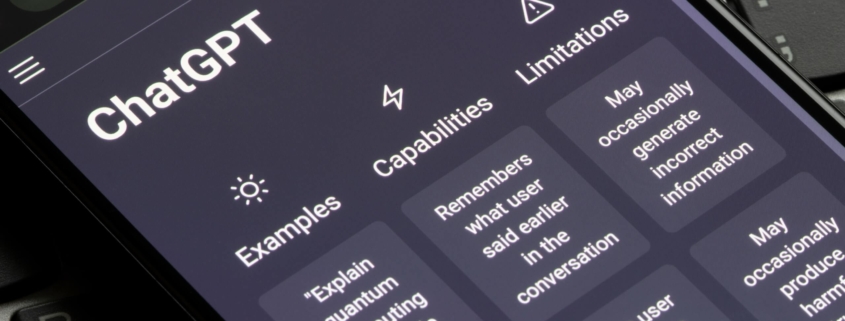How ChatGPT is changing the coding process
Traditionally, coding has been a meticulous and time-consuming task that required developers to possess a deep understanding of programming languages and syntax. However, ChatGPT has introduced a new level of simplicity and efficiency by providing developers with an intuitive and conversational interface to interact with their code.
Get a Helping Hand
One of the most significant advantages of ChatGPT is its ability to assist programmers in generating code snippets, solving programming problems, and offering suggestions. With a few simple prompts, developers can ask questions, seek guidance, and receive immediate responses from ChatGPT, which draws upon its vast knowledge base to offer relevant and accurate solutions. This feature not only saves time but also encourages collaborative problem-solving, as developers can engage in dynamic conversations with the AI model.
Furthermore, ChatGPT’s natural language processing capabilities enable it to understand and interpret code-related queries in plain English, making it more accessible to developers of all skill levels. It can break down complex concepts, explain intricate algorithms, and even assist in debugging code. This empowers novice programmers to overcome hurdles more easily and learn from experienced developers, as ChatGPT acts as a knowledgeable and patient mentor.
Not a Replacement For a Human
Whilst ChatGPT is a powerful tool, it requires an exact and well formed request to be asked to get the best results out of it. Even then, the ending result is likely not usable within an existing system as coding standards and methods will differ, and the code may not even compile/run. It is intended for more as a base, or aid when stuck on an issue as it will provide different solutions which a developer may not have considered.
Paired with an experienced and knowledgeable coder, ChatGPT can be leveraged to simplify a complex request and give the developer a new perspective on the problem which can allow them to reach the end result faster.
AI is no replacement for a human, it can’t deal with specific client requests, or interact with clients like a developer can. It may be able to generate small snippets of code, but it is unable to make anything bigger than a few lines of code. Meaning it is unable to generate entire complex systems at one request. Even if it could generate a base system, there would be no way it could mould it into what a client would want, and make a system which could be well maintained and built on for many years to come.
If you are in need of a CMS made by humans who care, and lovingly craft each system/app, then consider PNP.





